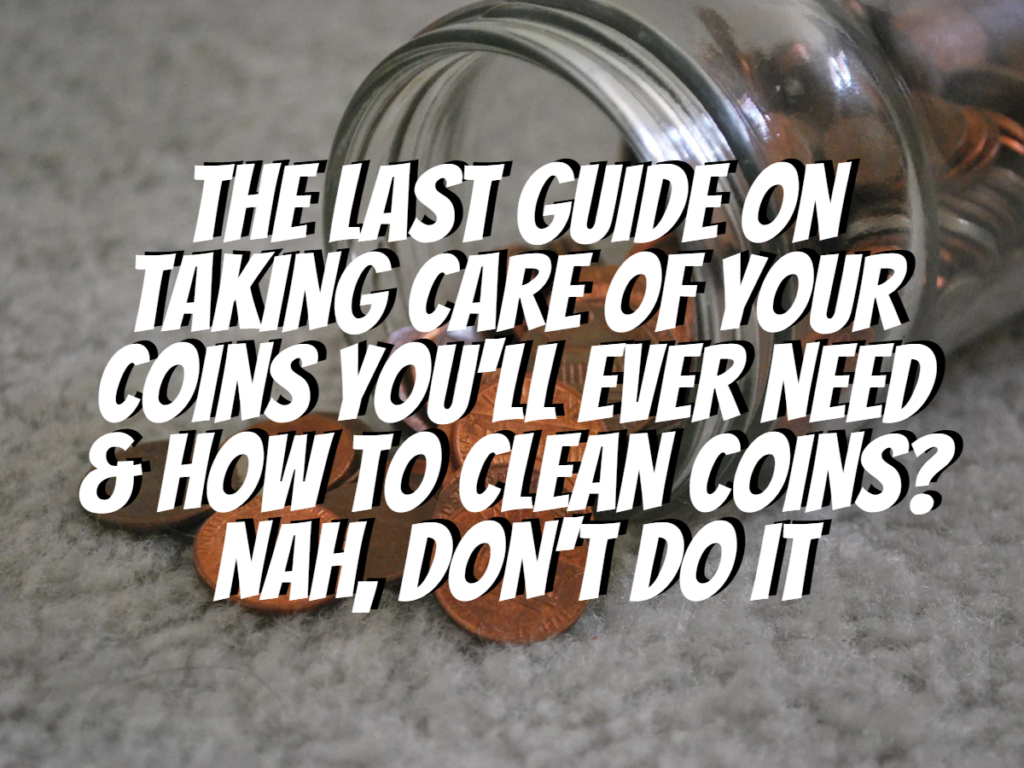How To Clean Coins?
How to clean coins? Nah, don’t do it.
- Your coins have a natural toning that shouldn’t be removed.
- Your coins have an important value, and you don’t want to damage them by cleaning them.
- Your coins have a high numismatic value and should be left alone.
- Your coins are rare, so do not clean them to preserve their value.
- Your coins are collectible, so there is no need to clean them up.
Keeping Away From Cleaning Products
There are many cleaning products on the market, and you can easily find them in any store or backyard.
However, please keep in mind that these products may damage your coin collection.
Therefore, it is not recommended to use these cleaning products at home. This action may decrease the value of your coins drastically, and you won’t be able to do anything about it.
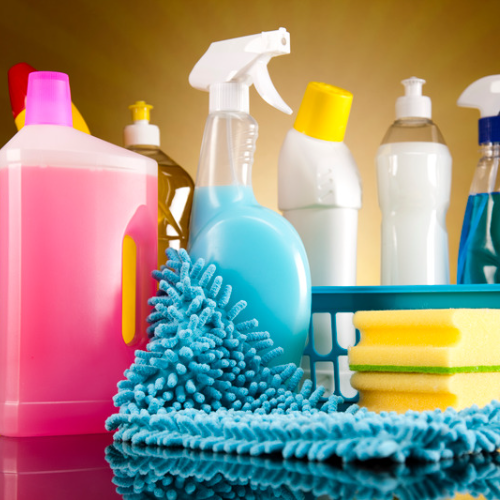
Removing Dirt
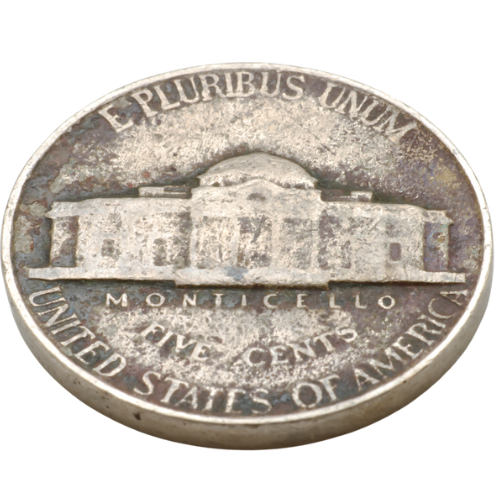
Removing dirt is different compared to cleaning up your coin. Dirt is an abrasive that will scratch out of your coin.
So, if you want to remove the dirt, please don’t rub, don’t scrub, and never polish.
You can remove dirt from your coins using a soft artist’s paintbrush. This can be performed in an area with running water or over a sink.
A soft towel should be used to dry the coin, and never use paper products like paper towels. Paper can scratch coins and reduce their condition.
Removing PVC Film
The best way to remove PVC film is acetone. It will evaporate after a few hours, and the removal of the film will be complete.
This process may also be used as a way to clean your coins. However, acetone is a harsh chemical that can damage your coins, so please take care of yourself when using this method.
To use acetone to remove PVC film, you’ll need:
- Acetone (available at hardware stores) or a nail polish remover that contains acetone. Suppose it doesn’t list the ingredients on the label.
- In that case, it is likely to contain acetone if the label says ‘nail polish remover.’ Other words like ‘acetate’ on the label indicate it does not contain acetone.
- A glass container with enough capacity for all of your coins – make sure there’s room between them and above them if they float during cleaning. The coins should not touch one another while floating!
- If possible, find something with sides high enough. When filled with liquid, no part of any coin’s edge will protrude from or even touch any part of its sidewalls (if there were such an object).
- Depending on what kind of container you can find near where you live, you might have to improvise here to fit all these requirements perfectly…
- I had some jars lying around in my kitchen, which worked for me 🙂 As long as nothing touches anything else inside this jar at all times, then we’re golden!
Removing Tarnish Or Toning
It’s best to leave it alone if your coin has light toning around the edges or if the toning has iridescent colors and looks like oil on water.
Some collectors pay huge premiums for nicely toned coins; removing all tarnishes could lower their value.
But, again, hire a professional if you’re not confident in your abilities.
Never use abrasives, acids, or commercial cleaning solutions on a coin—doing so can permanently damage its surface and reduce its value.
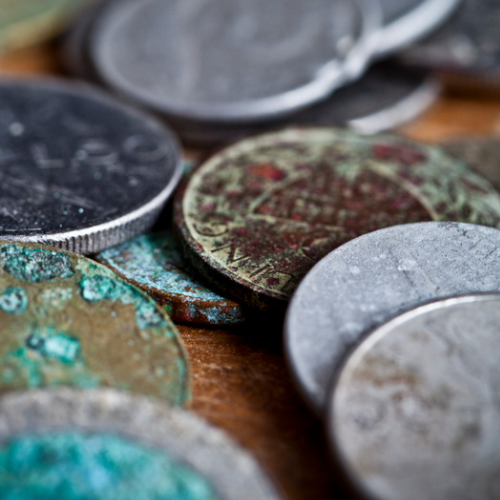
Removing Lacquer
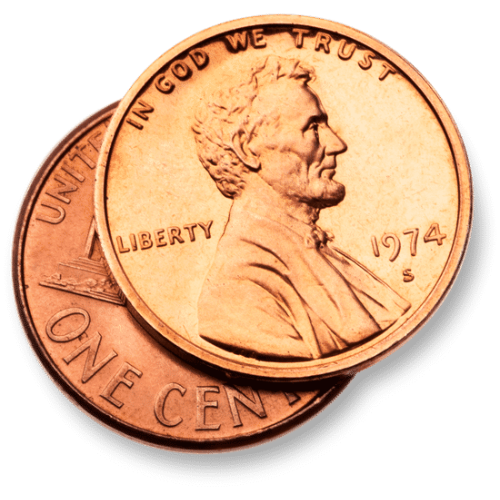
If you’re cleaning a coin with a lacquer coating, the first thing to do is remove the lacquer. The most cautious method for removing it is acetone-based nail polish remover.
Suppose your coin’s surface has been lacquered recently, even a few hours ago.
You may only need to dab some nail polish remover on top using a cotton swab or small brush.
Guide On Taking Care Of Your Coins
If you’re like most collectors, taking care of your coins should be a no-brainer. After all, you’ve invested much to get your hands on those coins. So if you want to keep them in pristine condition, there are some simple steps you need to take. Of course, this is a survival guide for those just starting, so if you’re already taking these steps, awesome! But otherwise, let’s get started:
Handling With Kids Glove
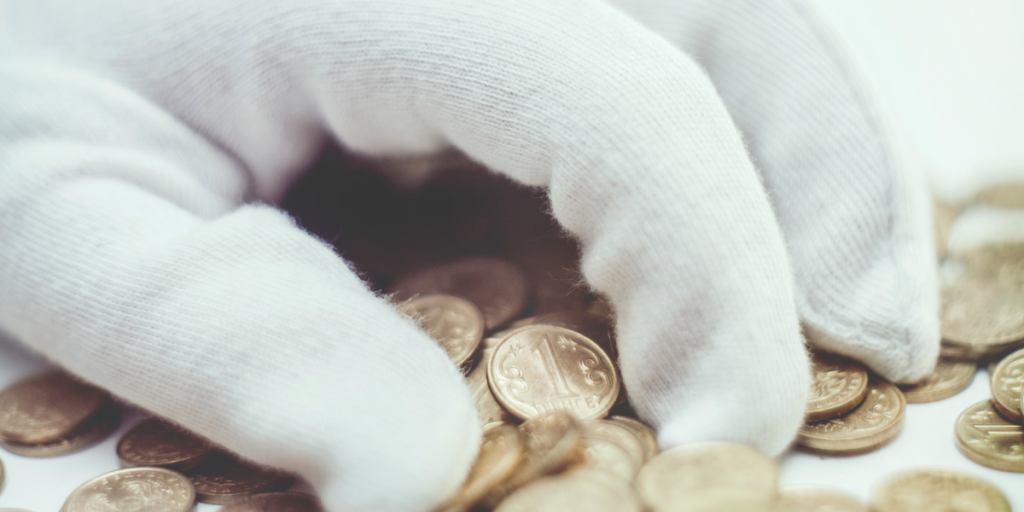
It would be best if you had a pair of gloves to handle coins. Gloves prevent fingerprints from being passed on to coins – especially when removing them from their cases or holders.
It may not seem like a big deal at first. Still, even the slightest smudge can make all the difference in value in some instances – especially rarer coins graded highly because of their pristine conditions.
Ask Before Removing A Coin From A Holder
When you’re a coin collector, you can’t just remove coins from their holders or albums and test them yourself. It would be best to always ask before removing a coin from a holder. If the holder is damaged, ask the owner if they mind if you remove it.
Ask the album’s owner or holder for permission to touch their coins and other pieces of memorabilia. Take good care of any coins you give because they could be worth a lot!
Handle A Coin By The Edges
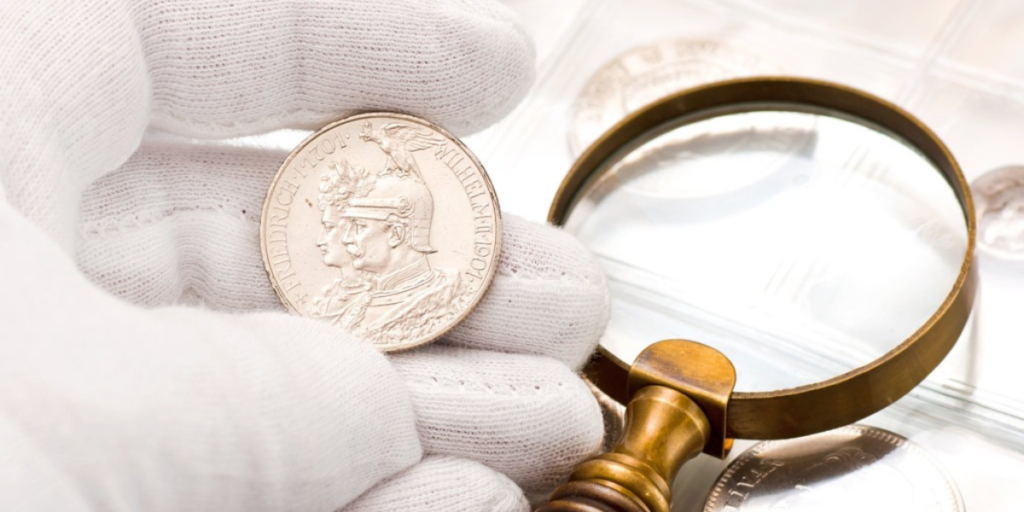
- Always use a glove, but if you have to use your hand, keep your hands clean and dry when handling coins.
- To ensure that your coins are not damaged, you can wear cotton gloves while handling them.
- There is a reason why the phrase “handle a coin by the edges” exists because some oils on your fingers can harm your coins.
Keep Your Mouth Shut
If you’re in a situation where you need to examine an unprotected coin, breathe through your nose and don’t speak. This is because moisture-laden air escapes from our lungs every time we breathe.
Hold A Coin Over A Soft Surface
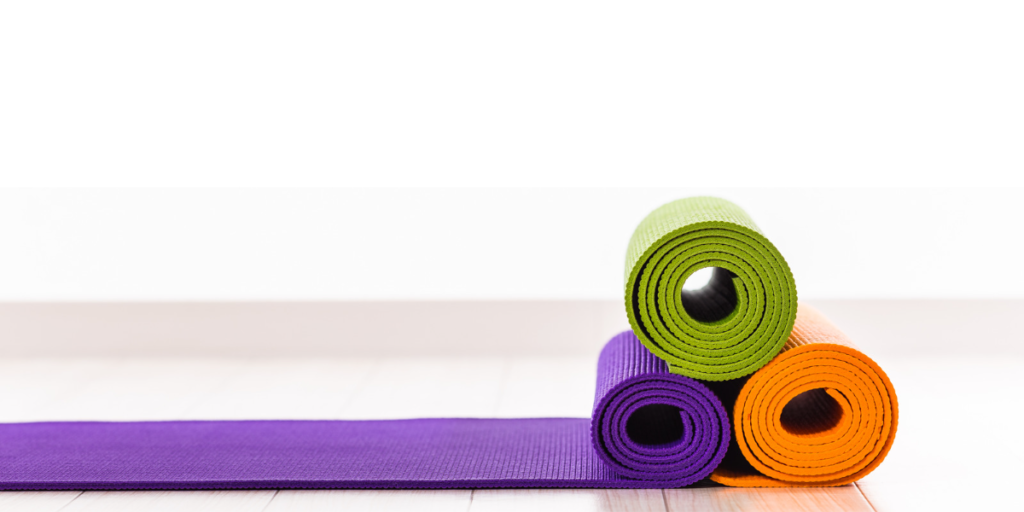
Holding a coin over a soft surface is a very useful tip. I’m sure you’ve dropped some coins before, and you know how damaging it can be for your coin! Also, scratched coins are less valuable because they aren’t minted anymore.
So if you are ever holding a coin, ensure that the surface is soft, and if you drop it, it will not scratch. Another way to protect your coins from scratches and toning is to use “slabbed” holders. Slabbed holders are holders that hold your coin securely but also protect them from scratches or toning.
Keeping Them High & Dry
Be careful where you place your coins or keep them, as they can get damaged or even destroyed by moisture in the air. While air conditioning is excellent, you do not want to keep them in an environment with dry air that is overly humidified.
This would be like taking a shower and then standing outside in the snow – a bad idea! You can keep the coin dry by using a desiccant (a substance that absorbs moisture) near your coins but not directly on top of them.
Takeaways:
Now that you’ve learned how to get the most value out of your coins, it’s time to take care of them properly. If you want to ensure that your coins will be valuable in the coming years, store them in a cool and dry place. If you ever Google how to clean coins? Just remember you don’t have to, and you don’t need to.
Do not expose them to extreme temperature fluctuations! Exposing your coins to extreme heat and cold can cause irreparable damage. This is especially true for coins stored within plastic flip holders or capsules, which can cause condensation if left somewhere hot or cold enough.
Before you go…
Remember: Your coin collection is an investment! With proper storage techniques, it will only become more valuable as time goes on.
Check out my next article: “Should You Clean Collectible Coins or Not?“
Related Articles:

